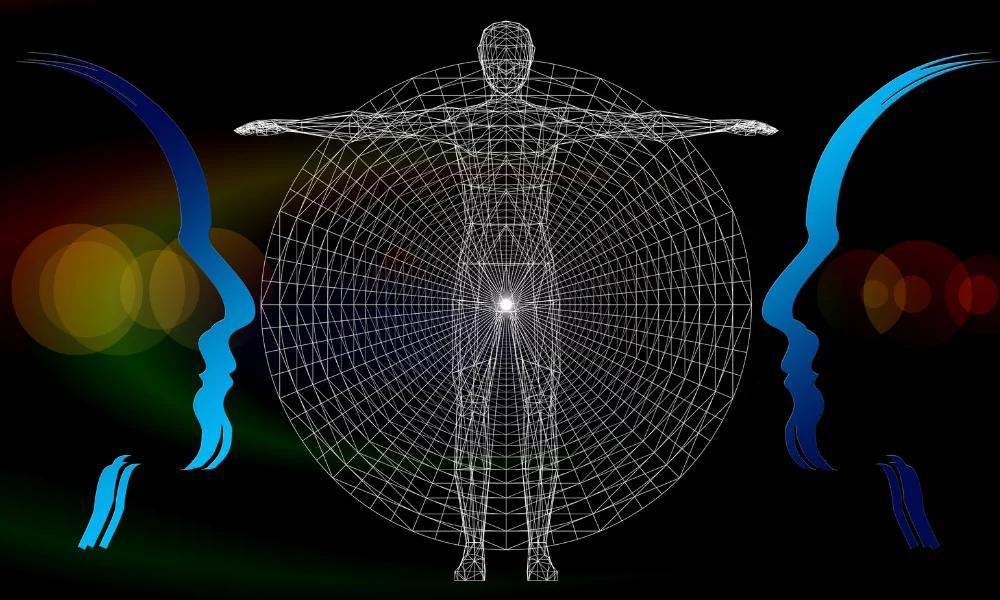
Make talent quality your leading analytic with skills-based hiring solution.

Do you know measuring a candidate’s cognitive abilities is one of the critical candidate assessment tools? A behavioral assessment test is a psychological tool used to observe, describe, explain, and predict behavior. This is done to measure and calculate the various factors of behavior that measure a candidate’s cognitive abilities. Hence, recruiters must never get carried away by a resume alone.
As one of the candidate assessment tools, a behavioral test is done to portray the mindset of the person under study, to depict what he does and why he does it, especially in his work environment. Mainly, behavioral assessment is conducted through functional analysis. Anomalies related to hyperactivity, aggression, low attention span, peer relationship problems, etc., are all studied through behavioral assessments.
In the words of Kyle Lagunas, Head of Talent Attraction at General Motors, “Behavioral assessment is a systematic evaluation of a candidate’s personality profiles used to gauge the viability of a candidate based on things like culture fit, work style, and potential.”
Functional Behavioral Assessment (FBA) is carried out to evaluate the ‘why’, ‘what’, and ‘how’ of the behavioral changes of individuals. It is a part of the candidate assessment tools, that helps determine the underlying characteristics of behavior. FBA is done to clarify the behavioral changes that remain inaccessible to the normal eye. A specialist conducts a function behavioural assessment test by putting the individual in different situations to study the changes according to the situation. This type of assessment may also include background checks, family interviews, etc.
Companies all around the world carry out behavioral assessments to make better hiring processes, especially during the interview phase to weed out the most appropriate candidate. Interviewers estimate the candidate’s problem-solving skills, cultural fitness, strengths, and weaknesses, etc., through different behavioral candidate assessment tools and estimate their influence on the work environment.
Behavioral assessments offer valuable insights. Resolving the behavioral issue is the main agenda behind these kinds of candidate assessment tools. Reaching the base of the behavior and rectifying any anomaly that causes the behavior to change is the basic purpose of such an assessment.
Candidates and their behavior are the two faces of the same coin. That’s why candidate assessment tools evaluate a great deal of behavior types. Broadly, they are divided into 5 types:
There are 6 functions of behavior which in turn are used in candidate assessment tools and evaluations. They are :
These functions of behavior are the bases of the behavioral assessment tests. A behavioral specialist identifies each function with the help of the ABC of candidate assessment tools. This theory defines the 3 pivotal parts of behavior and helps identify the phases and changes.
Psychologists have divided a person’s behavior or personality into 5 traits. Popularly called the Big Five, they are abbreviated into OCEAN or CANOE. These 5 traits are:
According to Hans Eysenck’s “Theory of Personality”, neuroticism is interlinked with a low tolerance for stressful situations.
Hiring a candidate requires a lot of time and dedication. A wrong candidate means a wrong investment for the company. Along with the educational and technical skills, a candidate should have the right set of mind. The candidate should be an ideal person who can shape his character in the working environment of the company and can generate a healthy relationship with his colleagues.
Behavioral assessment helps in determining the personality of the candidates so that the right talent quality can be selected for the company. Thus the benefits of behavioral assessment tests are multifold. That’s why they are an integral part of candidate assessment tools.
Psychologists execute various techniques to evaluate the personality of a person. Some of those common techniques have also made their way into candidate assessment tools:
Behavioral assessment tests help in determining the personality of a person. As an integral part of the candidate assessment tools, it tailors the characteristics of an individual and the range of traits he/she possesses. Can Machine Learning measure a candidate’s cognitive ability? YES!
For a company, behavioral assessment tests are a must as it would help in the selection of suitable candidates. To learn more about Glider AI’s candidate assessment tools and how they help you find the right talent, click here.

Effective Communication: Why Language Assessments Matter Effective communication is critical, particularly as multilingual talent becomes essential in today’s increasingly global workforce. A recent survey by the American Council on the Teaching of Foreign Languages (ACTFL) found that 9 out of 10 employers depend on bilingual employees, with 56% expecting an increased demand for multilingual skills […]

Why Non-Technical Skill Assessments Matter Hiring for non-technical roles presents unique challenges. Resumes often list inferred skills without concrete evidence of a candidate’s real-world capabilities. This influx of unverified talent leaves HR and talent acquisition teams struggling to differentiate top candidates from those with polished but unsubstantiated applications. Glider AI’s non-technical skills assessments offer a […]

As the digital world expands, online exams have become a staple in both education and recruitment. Their convenience and efficiency are undeniable, but they also bring a significant challenge: the risk of cheating. Candidates often find creative ways to exploit the online format, making it difficult for hiring teams to ensure a fair evaluation. In […]